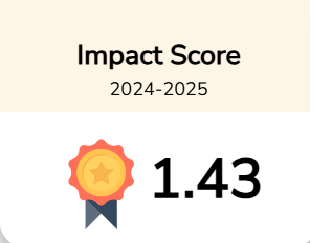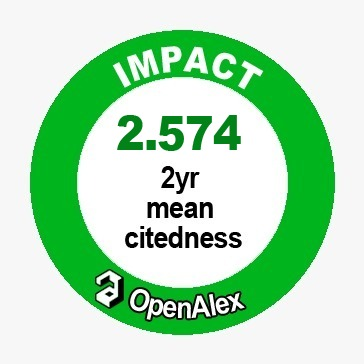Implications of a Child with Autism and Maternal Distress on the Psychological Adjustment of his Typical Siblings
Downloads
To compare the psychological adjustment of typical siblings of children with autism and siblings of “Children without Autism” within the context of their mothers’ distress. Study Design: Comparative cross-sectional study. The study was conducted in institutes dealing with children with Autism in Lahore Children with autism were identified and their typical siblings and counterparts of siblings were then tested for their psychological adjustment; mothers were tested for their distress. Childhood Autism Rating Scale was used for the assessment of the severity of autism. Strengths and Difficulties Questionnaire was used to assess the psychological adjustment of typical siblings. Depression Anxiety and Stress scale was used to assess mothers’ psychological distress. Analyses revealed that typical siblings of autistic children had significantly poorer <.001psychological adjustment M=20.59(4.16) than siblings of “Children without Autism” M=14.98 (7.3) and their mothers showed significantly <.01 greater stress M=19.22 (8.24) than mothers of “Children without Autism”15.32 (6.02). Having a child with autism significantly predicted psychosocial functioning. Maternal distress moderated the relationship between having a sibling with autism and the psychological adjustment of typical siblings. Maternal depression and stress also had a significant effect on psychological adjustment and pro-social behavior of siblings. A child with autism has serious psychological implications for his typical siblings and mothers in comparison to siblings and mothers of “Children without Autism” and they do need professional help to provide quality care to a child with autism and improve their psychological wellbeing.





